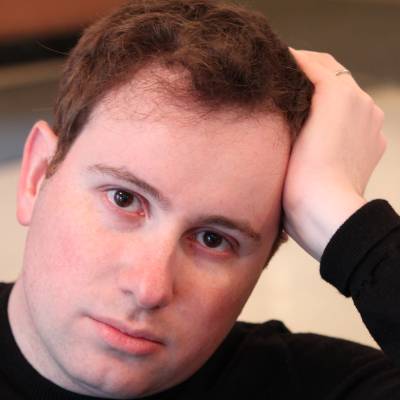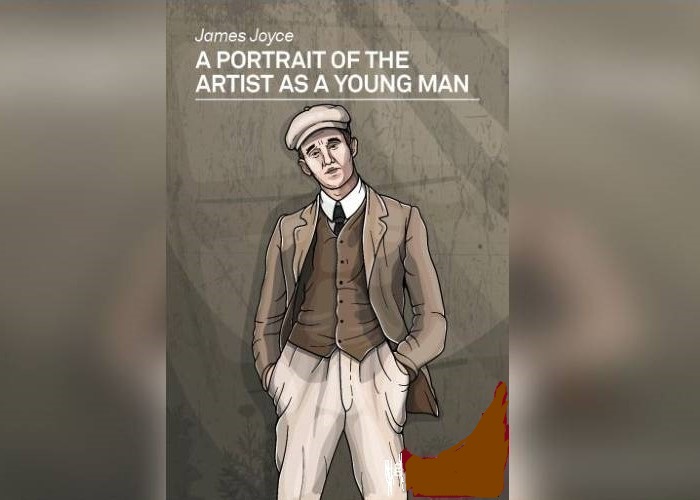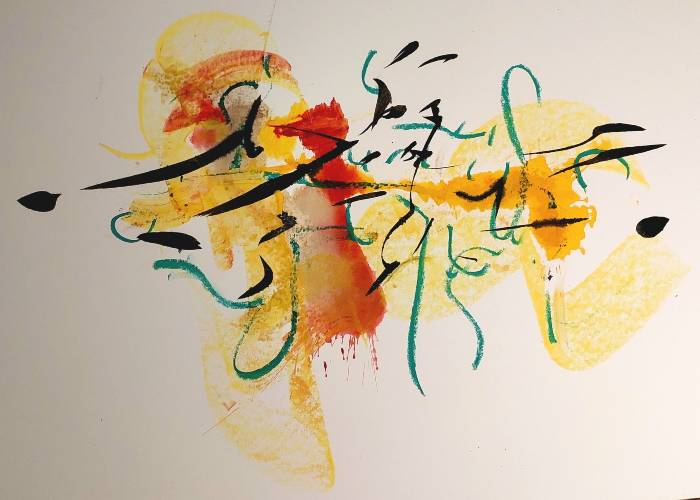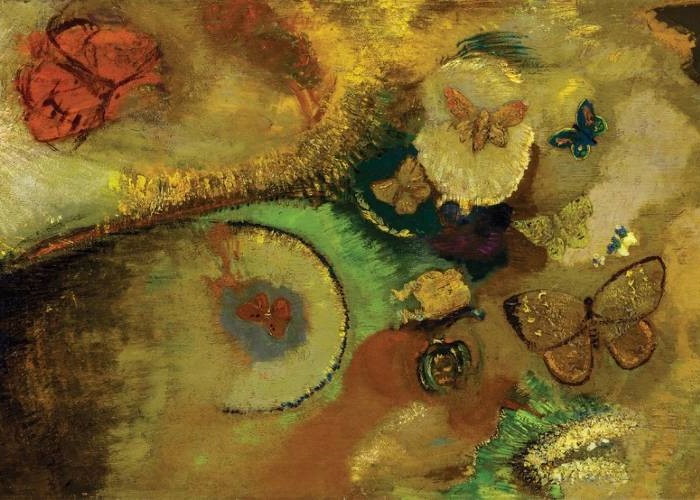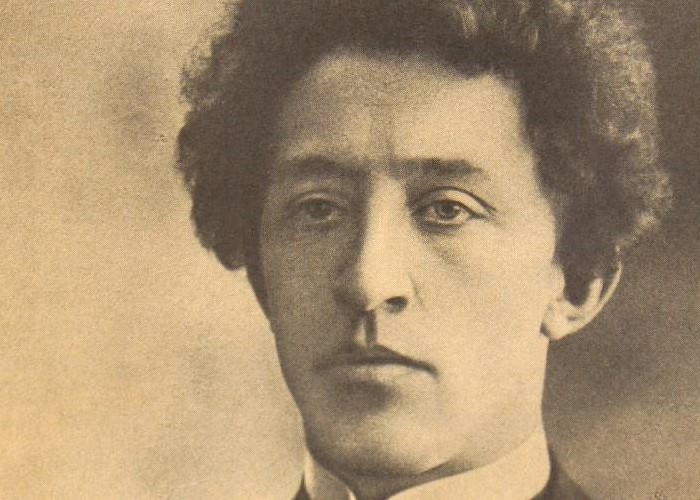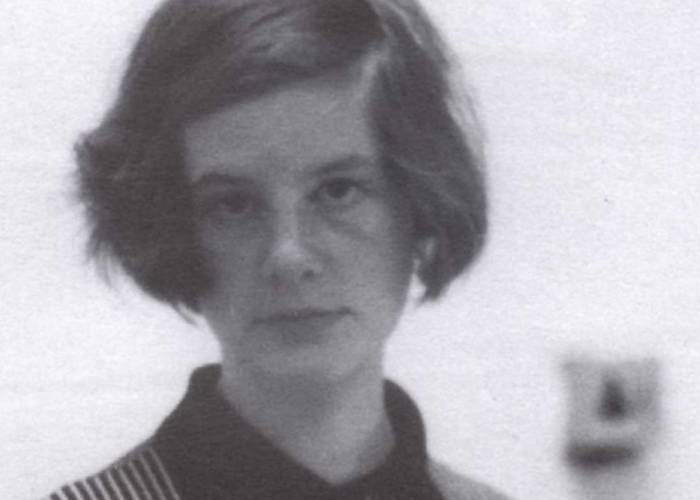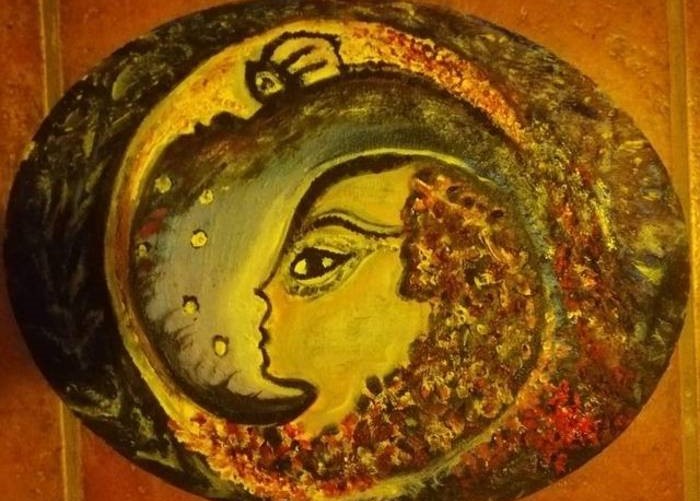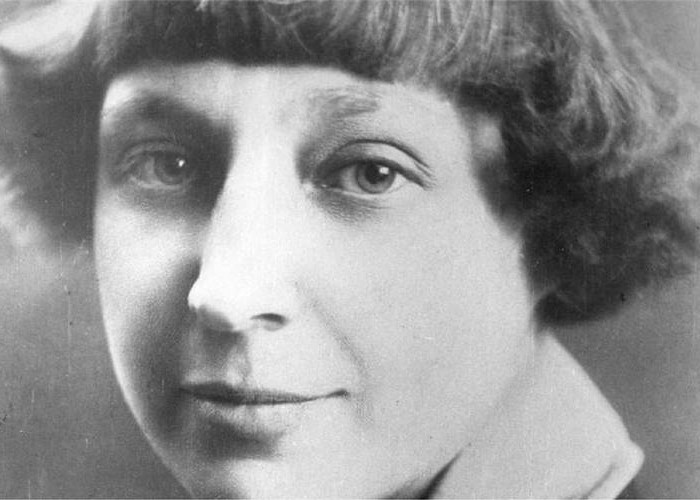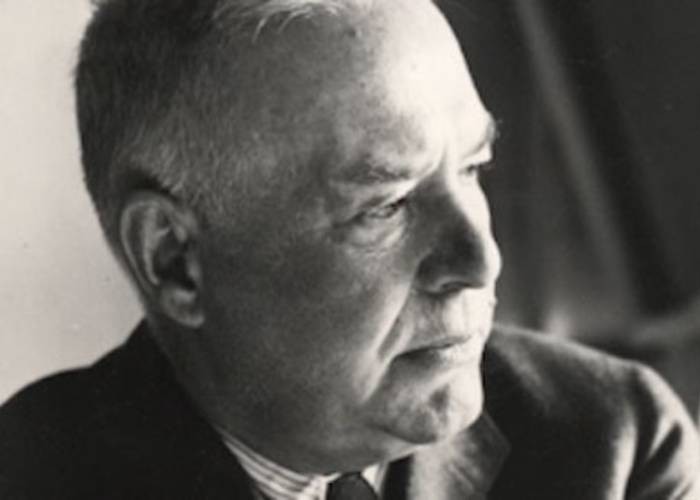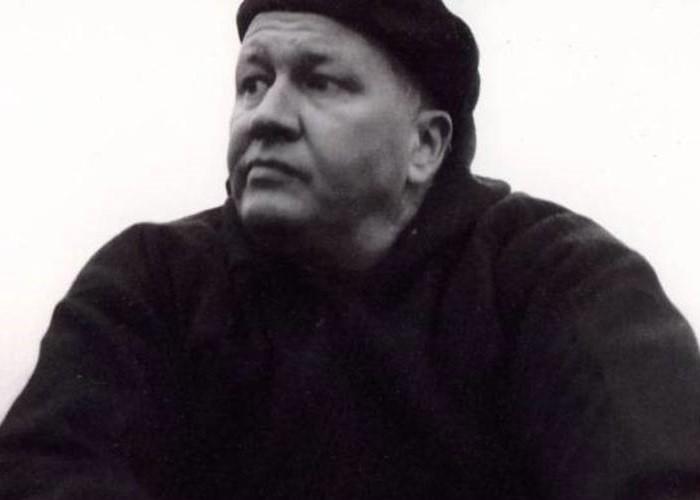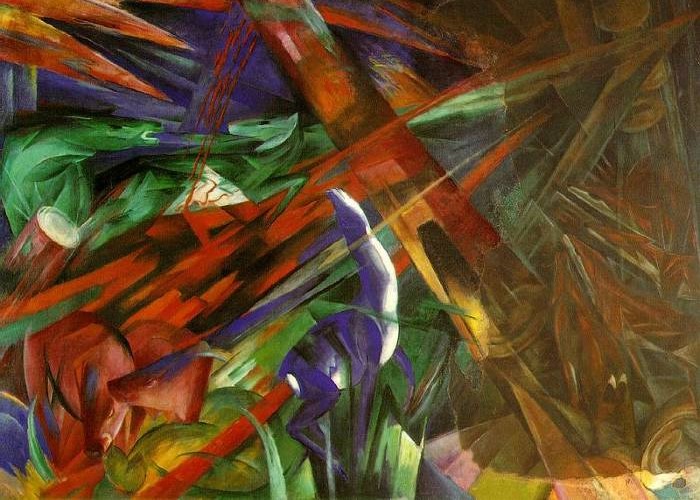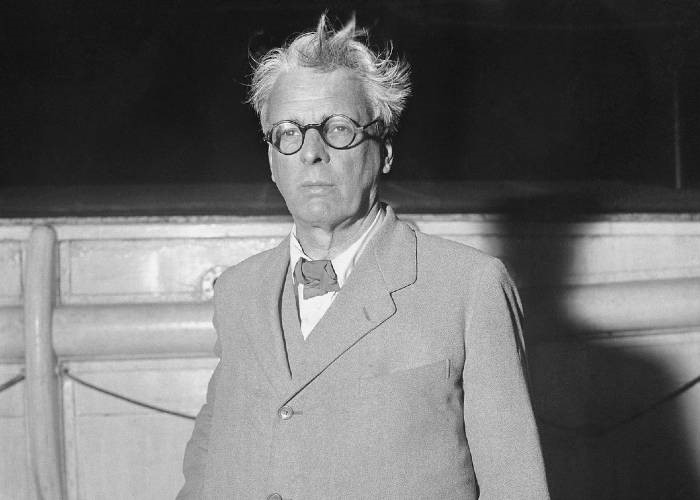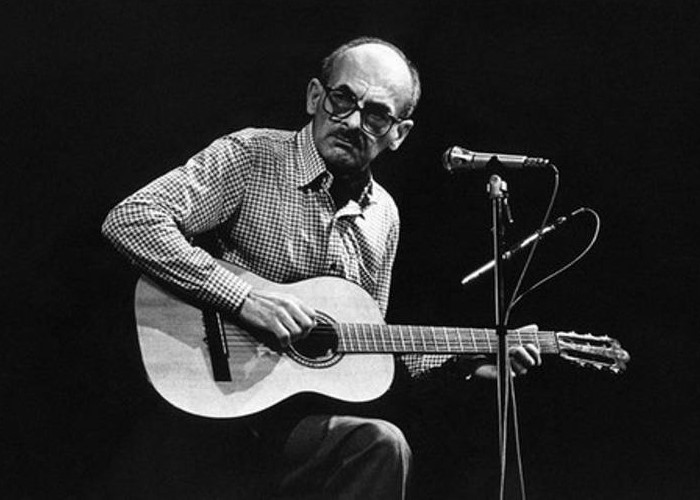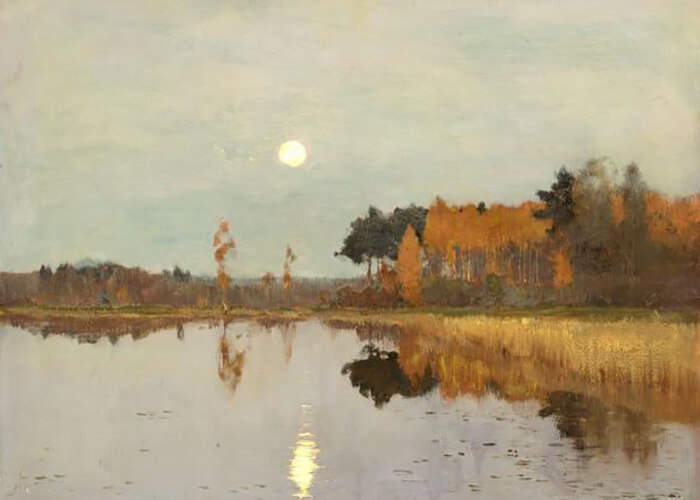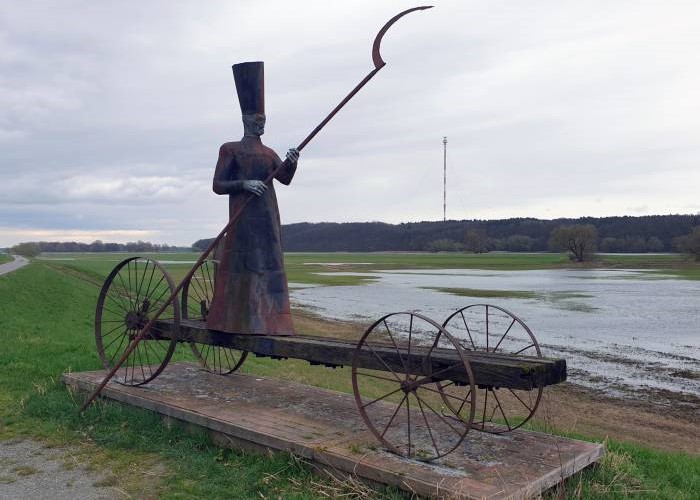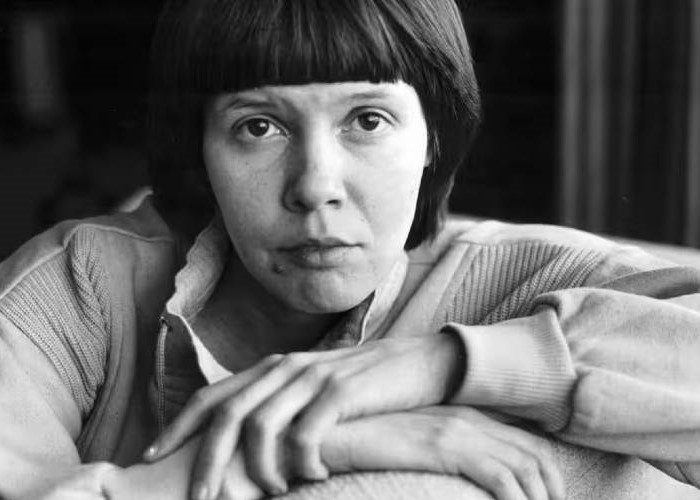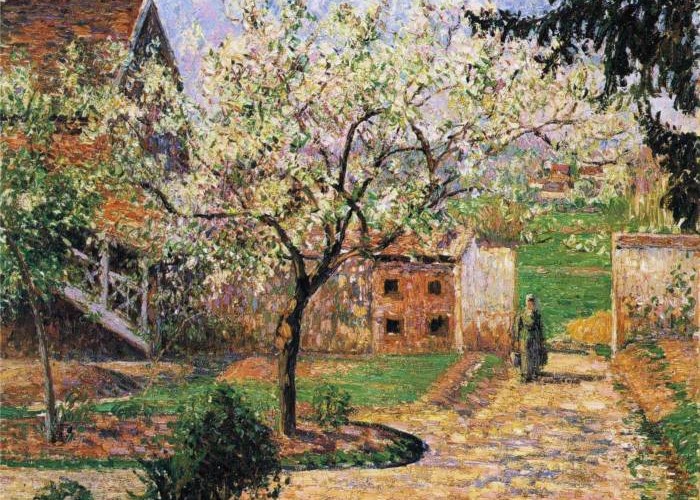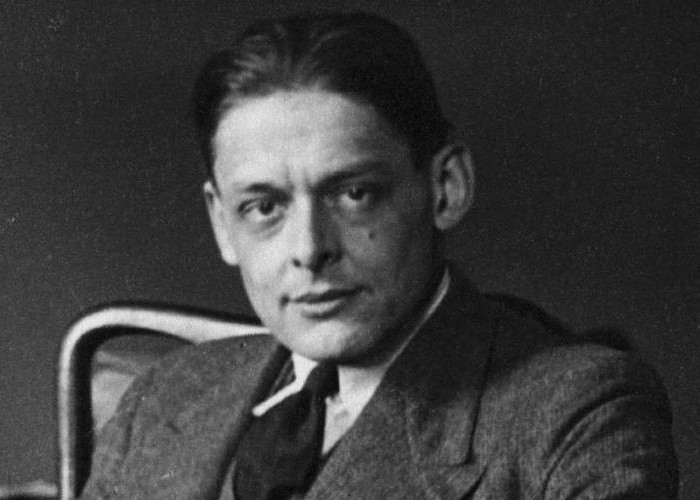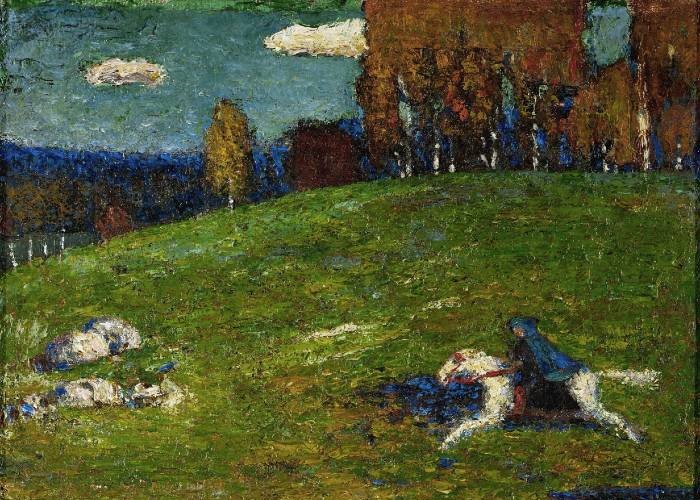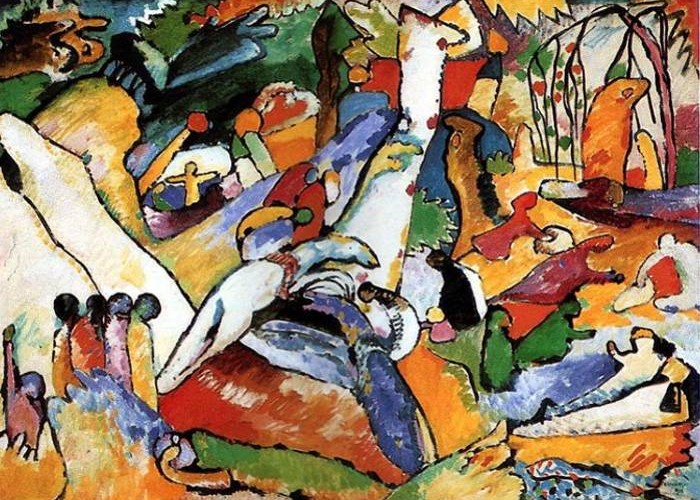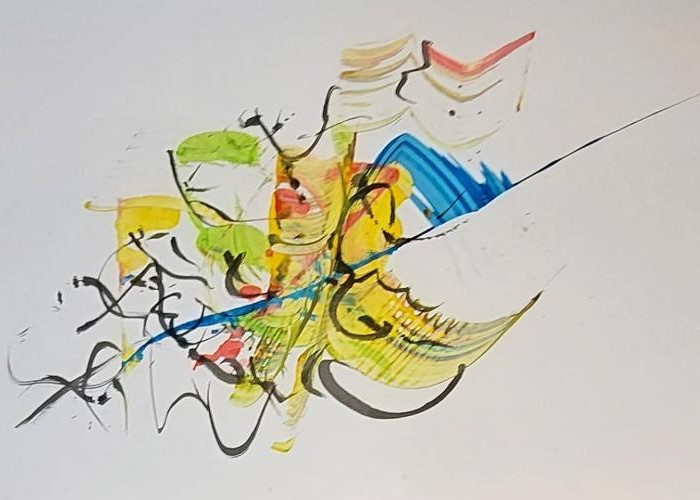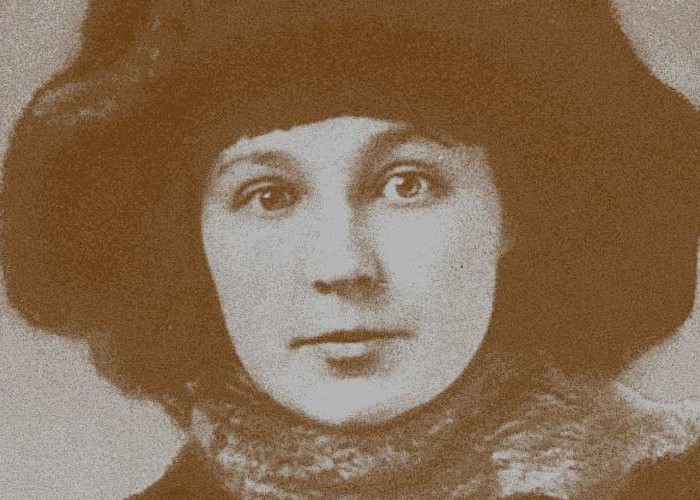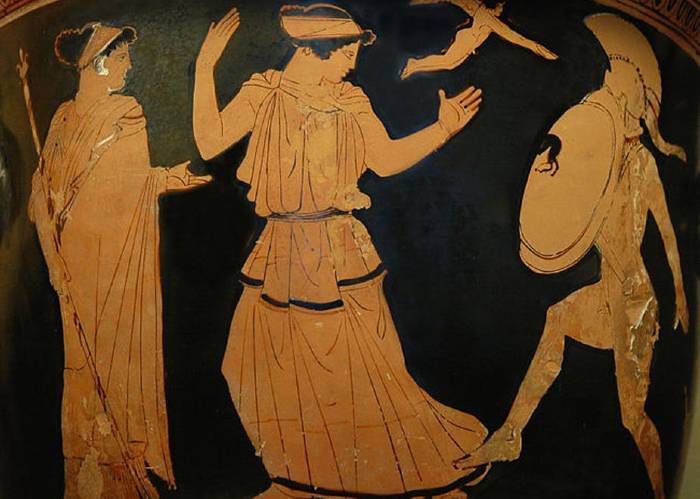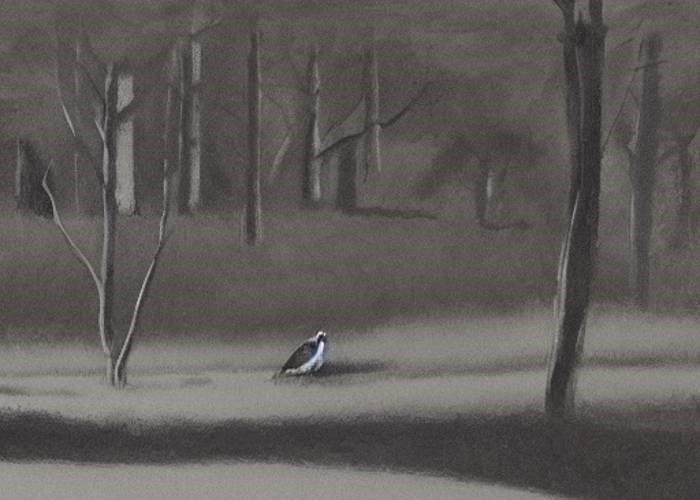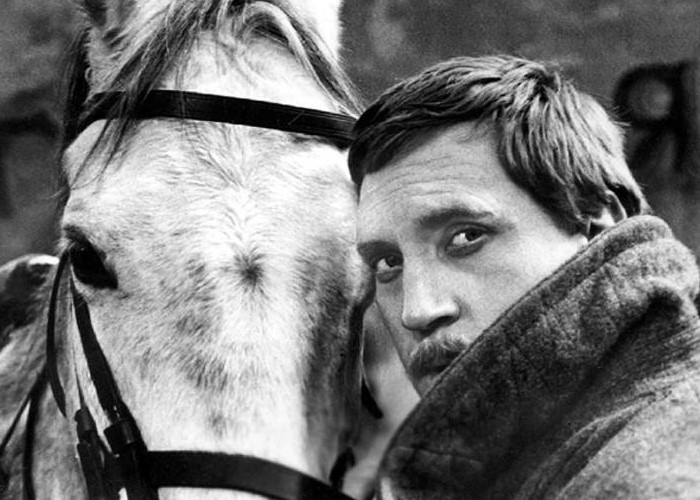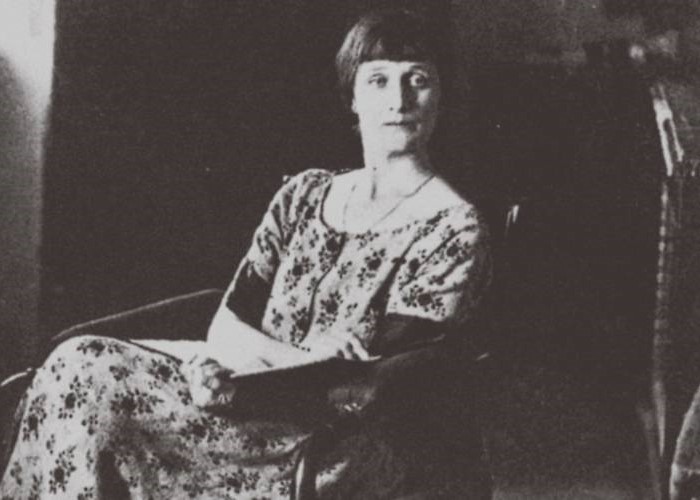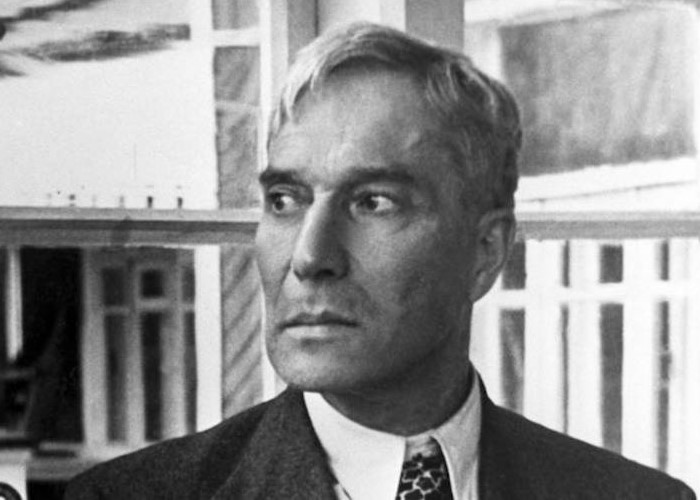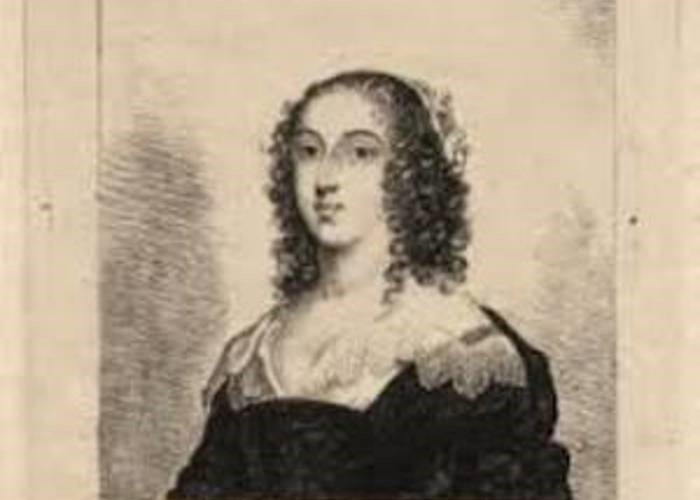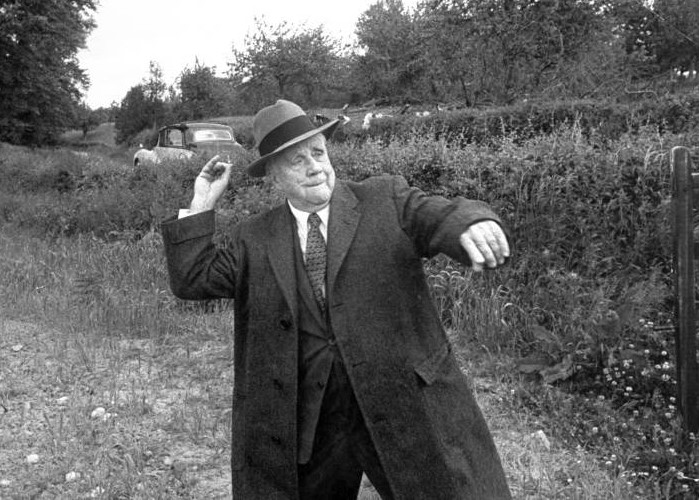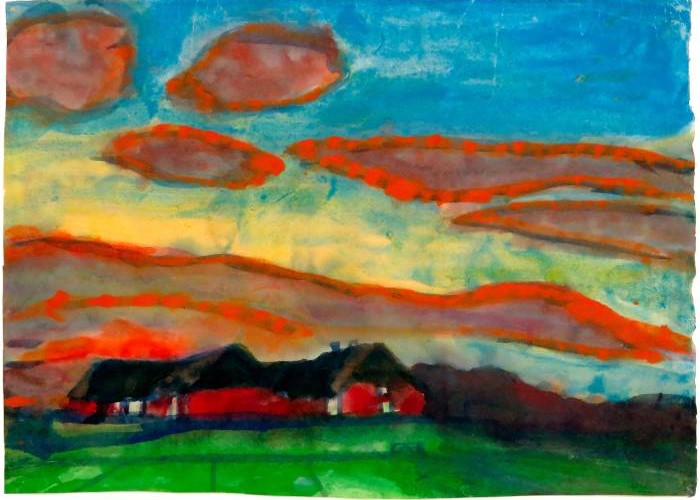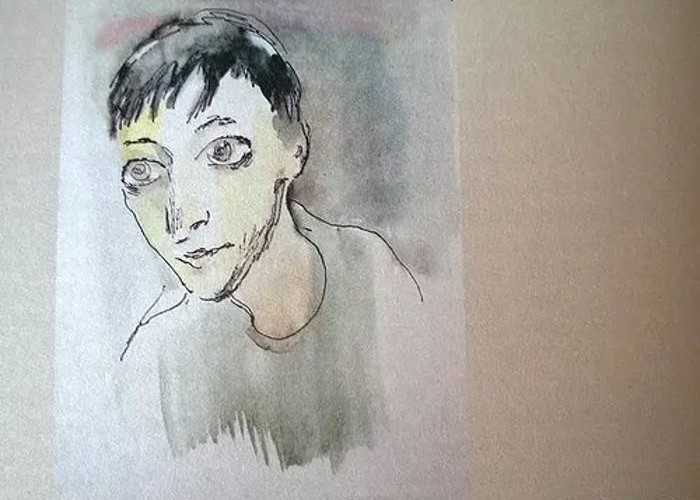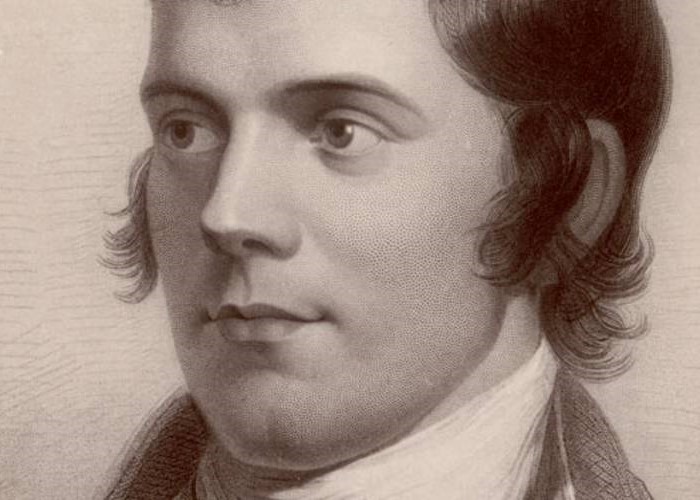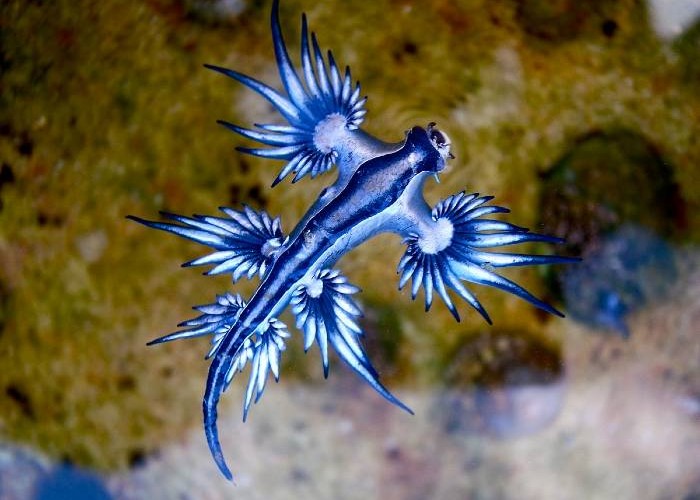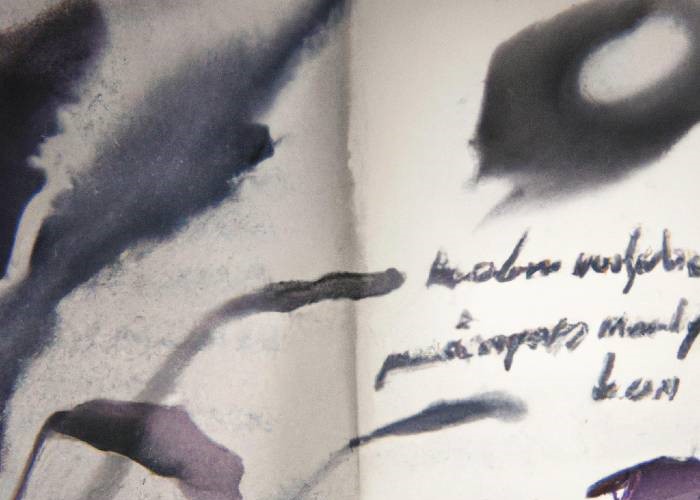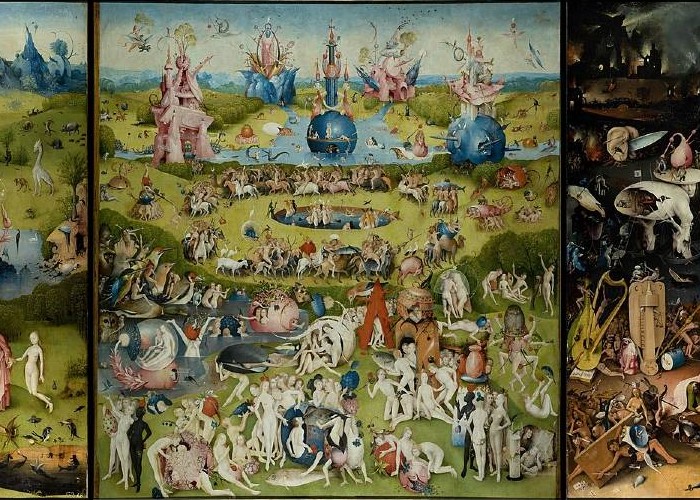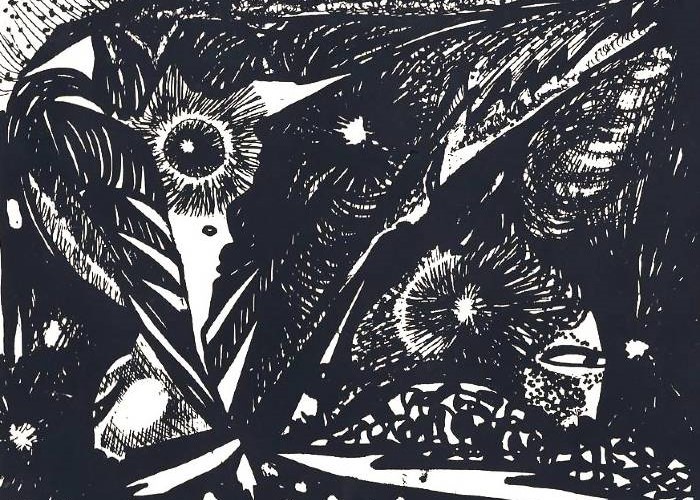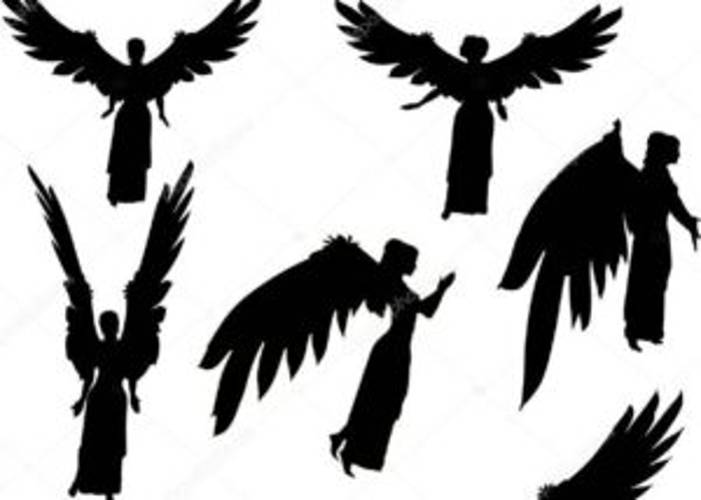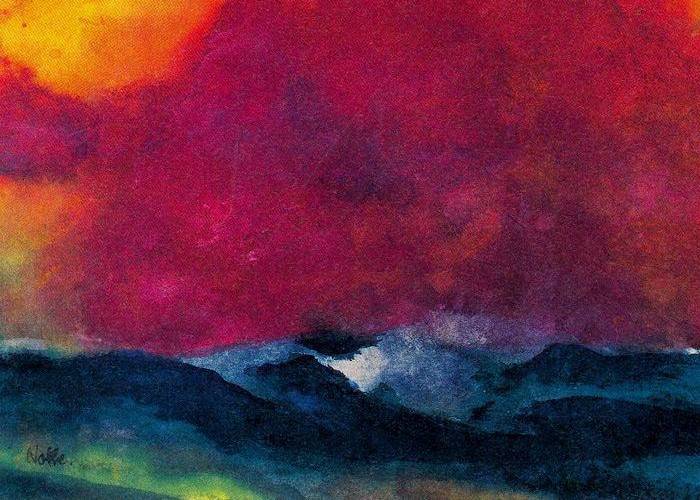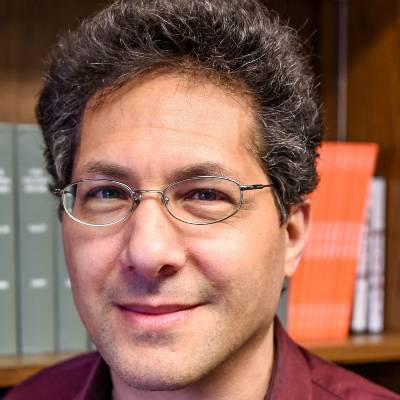An Italian Sketch
To Alan and Amelie
Open the blinds in the living-room – you’ll see the puppets clapping
a dance round Papa Carlo in his rented digs on Capri
where he’s been re-creating out of logs from olive trees
a country that stays on its knees.
The sun goes down, the hearth’s swept clean of any ash or letters
that might have smelled of cat or fox, the wandering boy’s tormentors.
But nearby lies a long cheap scarf that could have been unrolled
from Puppet-Master Meyerhold.
The lady next door hunts for mice, wielding an axe with brio.
The windows face the back stairs of the Hotel Paradiso.
It smells like flour (or something fouler) sprinkling in the well
that leads to Circle X of Hell.
Scrape lively, chisel! Sing, old saw! And send your shavings whirling
to giddy heights, turning the jingle of the hurdy-gurdy
into an anthem for the state enforcers to remand
all wanderers to the Motherland.
And this is how a country’s made – from iron fist and frost.
And Alpha-God will say: “I am your King, the first and last.”
And dark will come, and with it dreams to make God’s creatures happy.
And some will still run free on Capri.
Итальянская зарисовка
Алану и Амели
Раскрыв в гостиной жалюзи, увидишь танец кукол,
среди которых папа Карло, снявший скромный угол
на Капри, снова создает из колотых поленьев
страну, не вставшую с коленей.
Заходит солнце, и камин лишен золы и писем,
кошачьим чем-то пахнувших, возможно, чем-то лисьим.
A рядом вьется длинный шарф ценой в единый сольдо,
как будто с шеи Мейерхольда.
Соседка ходит с топором, ища сверчка и крысу.
Из окон – вид на черный вход отеля Парадисо.
Мукою пахнет, что мочой, параболой текущей
над N-ной инфернальной гущей.
Строгай, рубанок! Пой, пила! И стружки – врозь к высотам,
кружитесь над шарманкой всласть и заглушайте ноты,
что превратятся в новый гимн назло жрецам покоя,
чтоб было что петь стоя.
И так получится страна – как сплав гэбни и снега.
И скажет Бог: «Я – Вседержитель, Альфа и Омега».
И будет тьма, и будут сны для каждой божьей твари.
И кто-то не вернется с Капри.
* * *
At the Columbus Monument
Nobody knows exactly what he looked like.
But he stands frozen with a cross in hand.
Resembling Lenin’s obelisk in Moscow,
his pose of these five hundred years unquestionably struck like
the leader of a nation, creator of its history:
here’s where he docked, said such-and-such, built this fort here.
He stands there with the features of a hero
of bygone centuries, watching the sea roll
surveying a port so rich with forests and wild grasses,
as once he stood commanding a flotilla
of Bolsheviks, his sights on the Bastille,
yelling in Spanish: “Up your fucking asses!”
He stands, presumably bone tired
of eyes of tourists putting down America.
Around him Puerto Rico and the esthetic of
a mediocre life: poor, dirty, uninspired,
degraded by the fight for world dominion
and faith in queen and empire.
Nobody knows, by faith or numerous empirical
tests of Bazarov’s nihilist opinions,
what life should be, and whether it should end in
bronze or some sort of resurrection.
In this sense, he was no exception,
although the pose he froze in looks almost transcendent.
He stands here, like someone who got a taste
of power, but was not completely satisfied.
He strains aloft, pumped up with extra rabid pride,
stamping his feet on a pedestal that’s seen better days.
Defying verticality, he strains aloft,
seeks a new life – and with it, a new taste
of shining deeds that backward Russia moaningly awaits,
splayed on a stove and sleeping in a hayloft.
He strains aloft, and no one has a clue:
they walk past, drink tequila, breathe in the humidity.
The black sea fizzes with plebeian timidity.
And somewhere Chatsky calls: “A carriage – get me out of here!”
.
У памятника Колумбу
Никто не ведает, как он конкретно выглядел.
Но он стоит, застыв с крестом в руке.
Коль вспомнить стелу В.И.Ленину в Москве,
то он в свои пятьсот – бесспорно вылитый
вождь нации, творец ее истории:
сюда приплыл, вот здесь сказал, а там построил.
Вот он стоит, с чертами главного героя
былых столетий, озирая море и
богатый брег (его леса, его поля),
как некогда стоял у мачт флотилии
с большевиками, курсом на Бастилию,
крича им по-испански: «На хуй, бля!»
Вот он стоит, предположительно уставший
от глаз туристов, порицающих Америку.
Вокруг – Пуэрто Рико и эстетика
бездарной жизни: грязной, нищей, павшей,
униженной вконец борьбой за мир
и верой в королеву и империю.
Никто не ведает ни духом, ни материей,
изношенной Базаровым до дыр,
какой должна быть жизнь и нужно ль бронзой
ее заканчивать иль неким воскресением.
Он не был в этом смысле исключением,
пусть и застыл в почти надмирной позе.
Здесь он стоит, как некто, кто познал
вкус власти, но тем вкусом не пресытился.
Он рвется ввысь, не без излишнего неистовства
топча ногами обветшалый пьедестал.
Он рвется ввысь, по постулатам вертикали
жизнь новую ища, а с ней – и новый вкус
деяний светлых, по которым стонет Русь,
валяясь на печи, храпя на сеновале.
Он рвется ввысь, а прочие не ведают:
шагают мимо, пьют текилу, дышат влажностью.
И море черное шипит с плебейской важностью.
И Чацкий вдалеке кричит «Карету мне!»
***
One more e-mail to the state of chaos,
where a crucifix hangs in a Jewish home
and erections are rarer than electric shocks.
Alas, there’s no one left to send this to, except
teachers who were forced to leave school
and good friends who were caught stealing.
As of the present day, some seven thousand days
later, life has unraveled into opinions:
Some folks are living better, some are having more fun.
Some read Dante, others Marinina mystery novels.
Some want to fly south, others rail against the west.
They all agree, but they don’t know on what exactly.
One more e-mail to the state that’s taken a year’s
vacation from Celsius and clouds
along which a white stork is flying.
…an e-mail of tossed-out phrases and random words
that don’t come back from the air, like purposefully launched
bullets don’t come back.
… to the state where after glory in battle
Ivan lies on the stove and draws a mental
picture of a subject that has long lost its novelty.
.
Еще один e-mail в государство хаоса,
где крест с распятием висит в еврейском доме,
а член встает реже, чем дыбом волосы.
Увы, но в нем не осталось адресатов, кроме
вынужденных уйти из школы учителей
и проворовавшихся хороших знакомых.
На настоящий день, каких-то семь тысяч дней
спустя, жизнь в нем расползлась на мнения:
Кому-то живется лучше, кому-то – веселей.
Одни читают Данте, другие – Маринину.
Одни стремятся на юг, другие поносят запад.
Все вместе они согласны, но не знают, с чем именно.
Еще один e-mail в государство, на год
отставшее от Цельсия и облаков,
вдоль которых летает белый аист.
… e-mail из разбросанных фраз и случайных слов,
не возвращающихся назад, как из воздуха
не возвращаются посланные пули.
… в государство, где после ратного подвига
Иван лежит на печи и мысленно рисует
картину, чей сюжет давно не нов.
